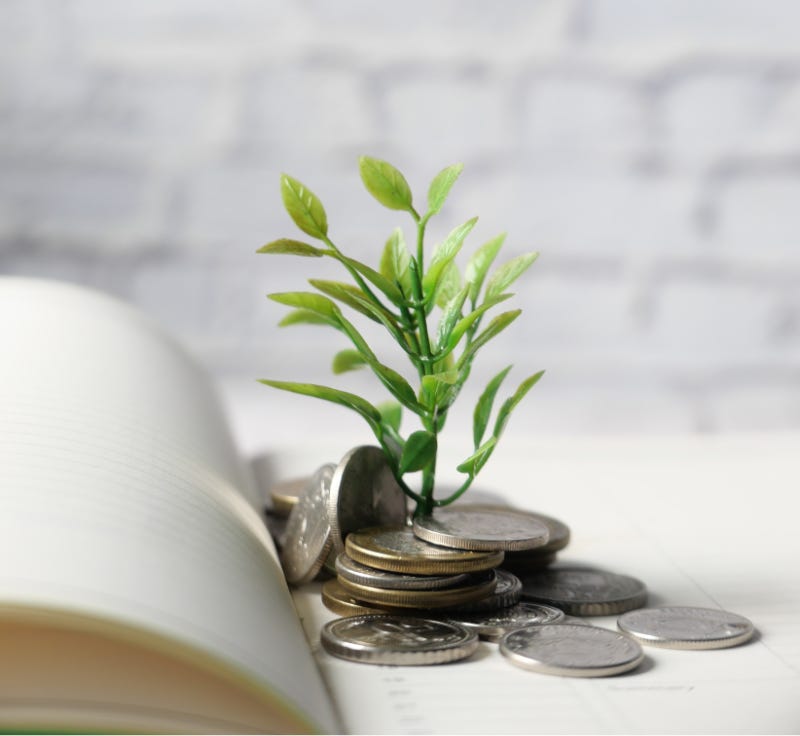Europe Takes a Big Step: New Rules Make Companies Spill the Beans on Sustainability!
EU aims to bring sustainability reporting on par with financial reporting.
On July 31, 2023, something important happened in Europe. The European Commission (EC) finalized a set of rules (Standards) called the European Sustainability Reporting Standards (ESRS). These rules include 12 standards that companies must follow when reporting on how they're taking care of the environment, society, and how they're managed.
Why is this important? Well, these rules are part of a bigger plan called the Corporate Sustainability Reporting Directive (CSRD). This plan has been in effect since January 2023 and aims to make companies tell us about their sustainability efforts in the same way they talk about their finances.
So, what do these ESRS rules actually say? They spell out exactly what information companies need to provide about things like how they impact the environment, how they treat their employees, and how they're run.
Standards at a Glance
There are 12 ESRS listed as under:
Two cross cutting Standards which apply to all sustainability matters
ESRS 1 – General Requirements
ESRS 2 – General Disclosures
Environmental Standards
ESRS E1 – Climate change
ESRS E2 – Pollution
ESRS E3 – Water and marine resources
ESRS E4 – Biodiversity and ecosystems
ESRS E5 – Resource use and circular economy
Social Standards
ESRS S1 – Own Workforce
ESRS S2 – Works in the value chain
ESRS S3 – Affected communities
ESRS S4 – Consumers and end-users
Governance Standards
ESRS G1 – Business Conduct
The good news is that these rules are available in all the languages spoken in European Union countries. There are two main rules that apply to everyone, and then there are ten more that deal with specific issues like the environment or social matters.
The European Commission wants these rules to match up with similar rules used around the world. They are working with global organizations to make sure everyone is on the same page when it comes to reporting on sustainability.
There are also plans to provide more guidance to companies on how to follow these rules. This guidance will help companies figure out what's important and how to include information about their whole supply chain.
In simple terms, these new rules in Europe are making companies tell us more about how they're being good for the environment, society, and how they're being managed. The rules are getting a final check, and they'll become official at the start of 2024. Experts are also working on guides to help companies follow these rules better.
We will provide a detailed analysis of the standards and how they can help claim the ESG Objectives in the coming weeks.


